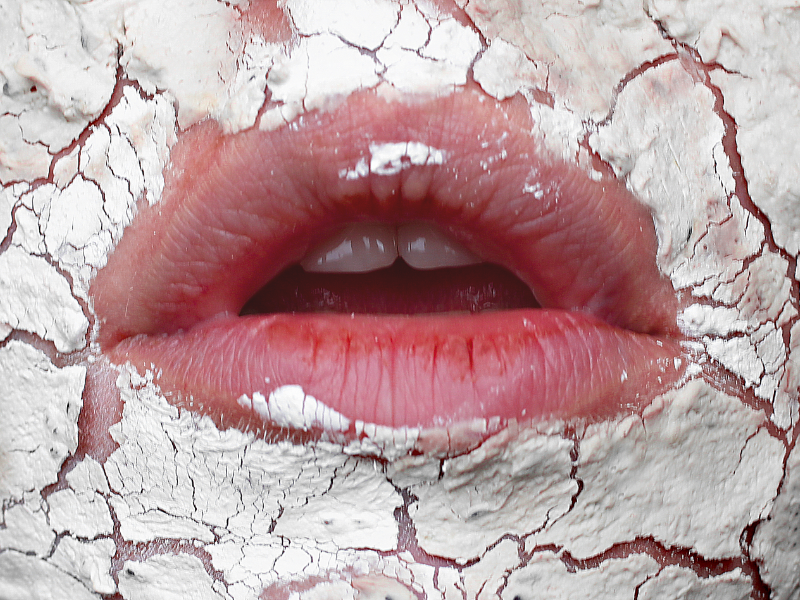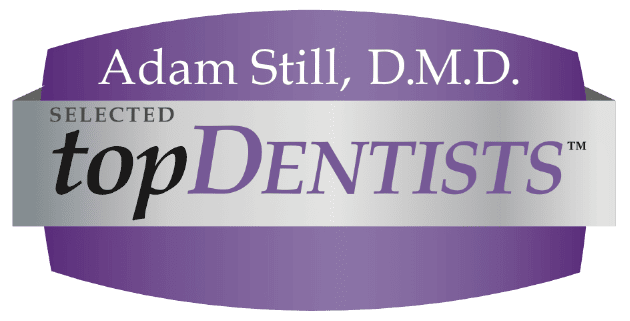Do Not Ignore Dry Mouth!

The human body is a miraculous thing. The mouth is a perfect illustration. Whenever you eat or drink something, digestion begins as you chew. Saliva not only helps you move things around in the mouth to process, it delivers an acid that starts the digestive process. This acid helps to break down what you swallow so other parts of the body can ‘take it from there.’
Saliva also does another important task. It continually rinses food particles from the mouth, helping to keep bacteria under control. However, saliva flow can be compromised by a number of factors. While many people realize that smoking, alcohol and caffeine consumption, and certain medications can dry out oral tissues by decreasing saliva, several factors may be surprising sources of dry mouth. Dry mouth is a descriptive term associated with insufficient saliva flow. When saliva is unable to efficiently cleanse the mouth, particles that remain can quickly develop into oral bacteria.
If you’re not producing enough saliva, you may notice these signs and symptoms all or most of the time:
- Dryness in your mouth or throat
- Saliva that seems thick and stringy
- Bad breath
- Difficulty chewing, speaking and swallowing
- A changed sense of taste
- Problems wearing dentures
- More frequent tooth decay
- Gum irritation and gum disease
- Lipstick sticking to the teeth.
Things you can do to ease your dry mouth symptoms are:
- Drink small regular sips of cold, unsweetened drinks
- Avoid things that dry the mouth, like hard dry crunchy food
- Dunk dry or crispy food into liquids to make them softer
- Increase the moisture in your foods, add broth, soup, gravy, cream, yogurt etc.
- Make sure to steam your vegetables to soften them up
- Take sips of liquid while eating your foods
But sipping water simply is not enough…it just is not enough to lubricate and protect your mouth the way saliva does. In the more severe cases, Dr. Still can prescribe a product called Biotene. It has a protein enzyme formula, and offers products in 3 areas you need to manage your dry mouth symptoms.
Dry mouth has numerous causes:
- Medications
- Aging
- Cancer therapy
- Nerve damage
- Tobacco use
- Methamphetamine use
Dry mouth can be a consequence of certain other health conditions, including the autoimmune disease Sjogren’s syndrome or HIV/AIDS. Stroke and Alzheimer’s disease may cause a perception of dry mouth, even though the salivary glands are functioning normally. Snoring and breathing with your mouth open also can contribute to dry mouth.
When to see Dr. Still:
If you’ve noticed persistent dry mouth signs and symptoms, make an appointment with Dr. Still. Your treatment depends on the cause of your dry mouth. If you have severe dry mouth, Dr. Still will confer with your MD and may:
- Change medications that cause dry mouth. If your doctor believes medication to be the cause, he or she may adjust your dosage or switch you to another medication that doesn’t cause a dry mouth.
- Recommend products to moisturize your mouth. These can include prescription or over-the-counter mouth rinses, artificial saliva or moisturizers to lubricate your mouth.
- Prescribe medication that stimulates saliva. Your doctor may consider prescribing pilocarpine (Salagen) or cevimeline (Evoxac) to stimulate saliva production.
- Protect your teeth. To prevent cavities, Dr. Still might recommend fluoride trays, which you fill with fluoride and wear over your teeth for a few minutes at night. He may also recommend weekly use of a chlorhexidine rinse to control cavities.
Dry mouth symptoms can vary greatly. Only a dentist or physician can truly evaluate your mouth for xerostomia. If you feel the symptoms, discuss them with your Dr. Still. Dental decay can develop quickly in a dry mouth that is otherwise healthy. If you have to sip water often and need liquids to swallow dry foods, call Dr. Still right away. If you are experiencing dry mouth, call Smile Sarasota for regular check up to monitor ongoing oral problems. With an early diagnosis and ongoing homecare management, you can avoid some of its damaging effects.
For further information, here’s a great educational video about dry mouth:



